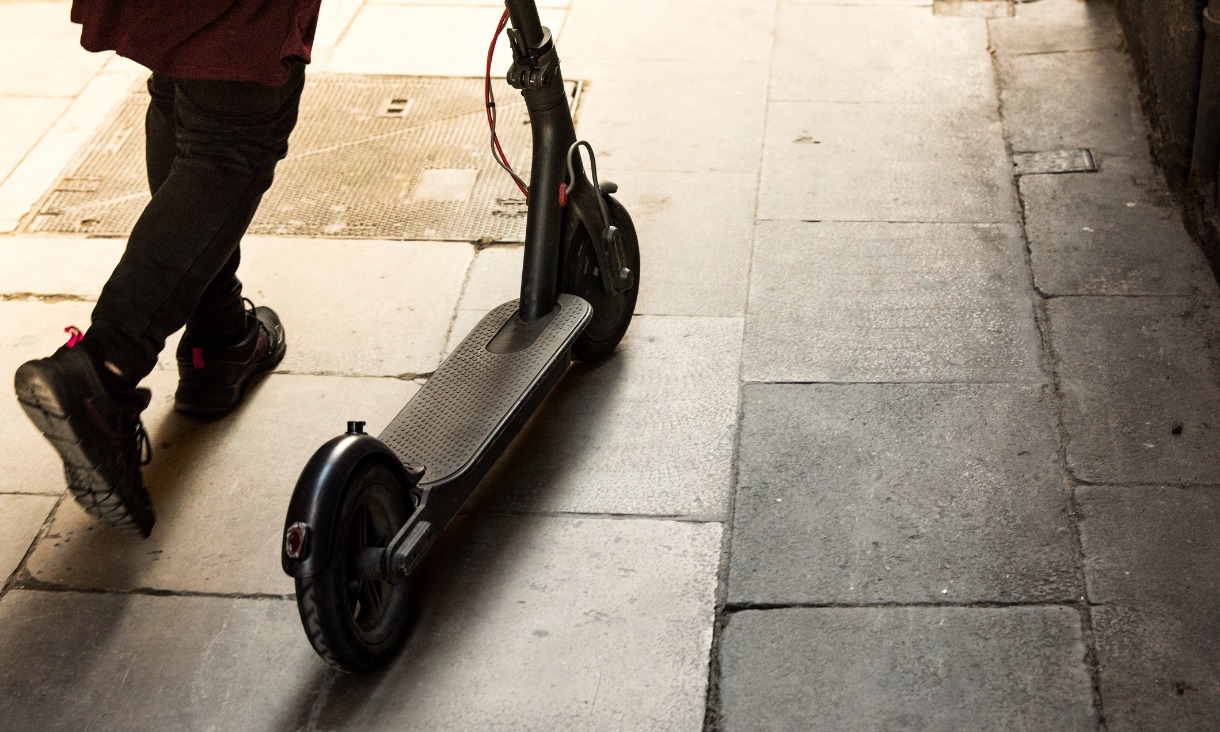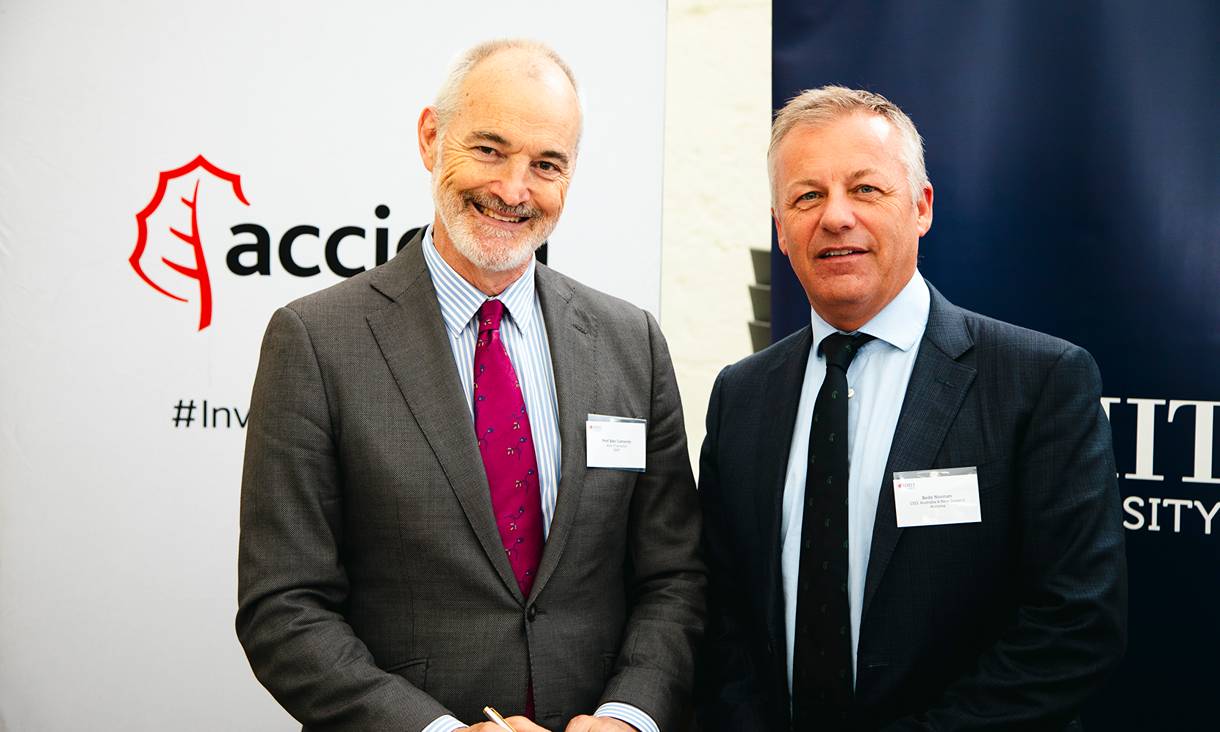RMIT Europe opens call for the 2025 Emerging Leaders program
RMIT Europe is partnering with EIT Urban Mobility to launch the second edition of the Emerging Leaders program, putting a call out to senior leaders from city councils across Europe to nominate high-potential team members to join the six-month journey.
New partnership with global infrastructure giant ACCIONA to advance sustainability
RMIT and ACCIONA have signed a partnership agreement to drive innovation and build skills for a sustainable future.
RMIT success at Victorian Premier’s Design Awards
An innovative bi-directional hospital transfer chair that facilitates seamless attendant-facing transfers has won a Victorian Premier Design Award alongside recognition for a more than dozen RMIT-affiliated projects.
Enabling circular economy practices in sustainable metal production
Researchers in the DIAMETER project will develop digital platforms focused on augmented sustainability and circularity of additive manufacturing and machining processes.




